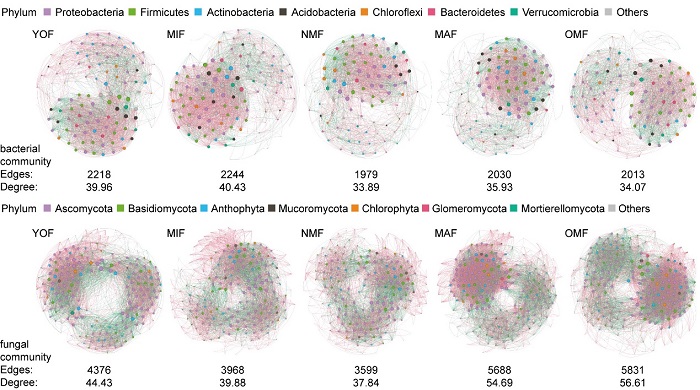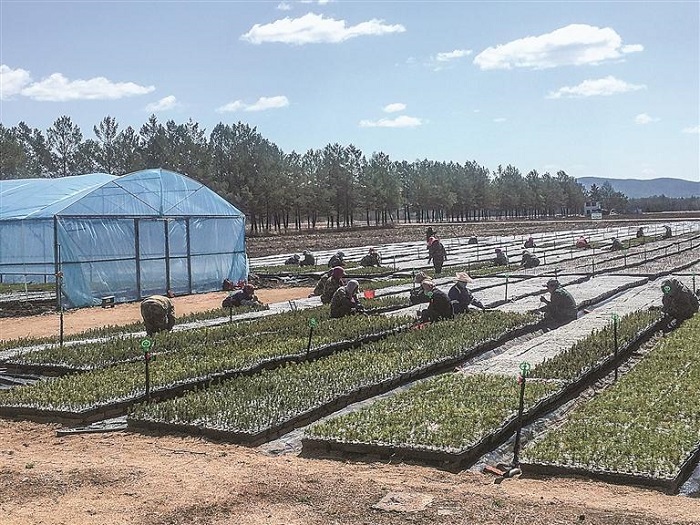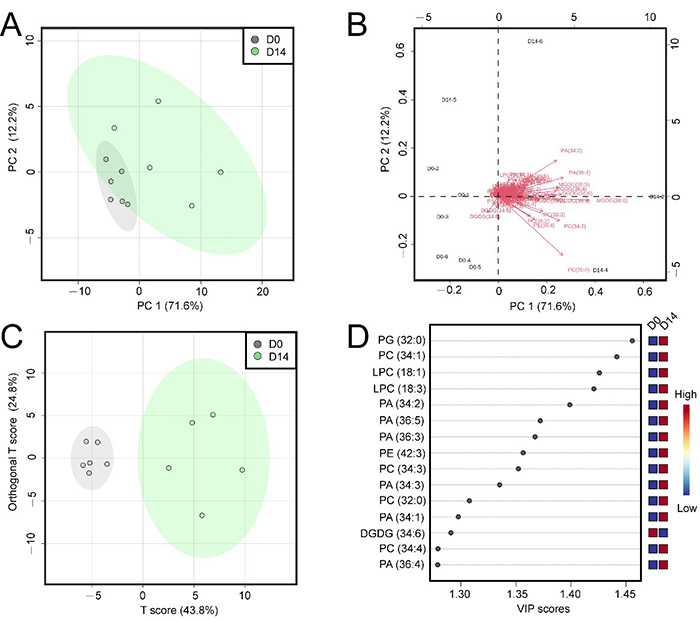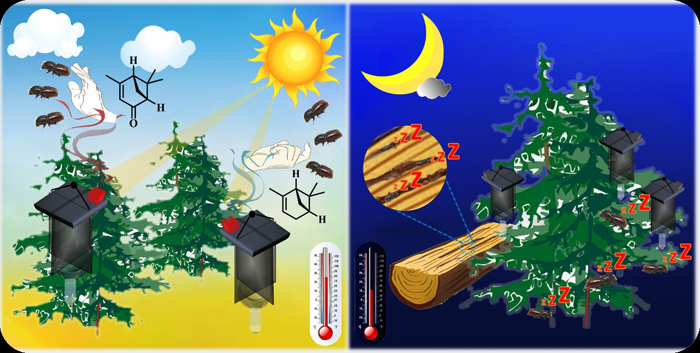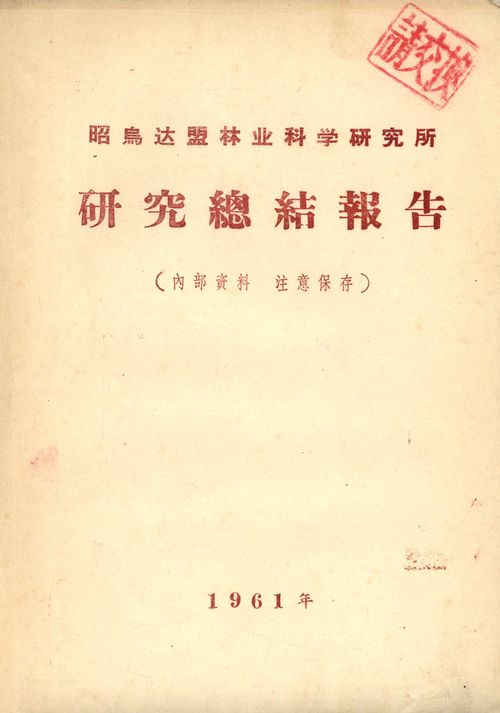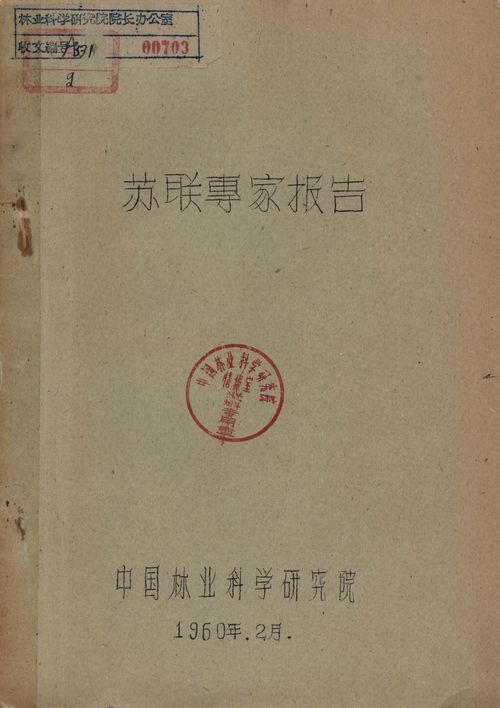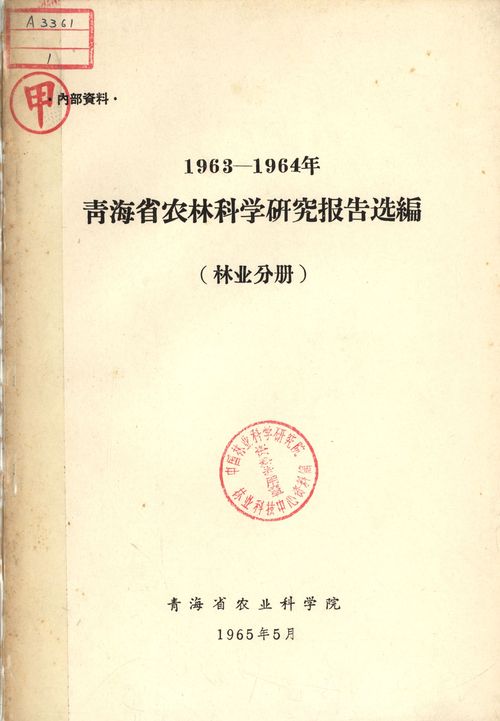
Alterations of Intracellular Ca^2+ Concentration and Ultrastructure in Spruce Apical Bud Cells during Seasonal Transition
编号
zgly0000327891


文献类型
期刊论文


文献题名
Alterations of Intracellular Ca^2+ Concentration and Ultrastructure in Spruce Apical Bud Cells during Seasonal Transition


学科分类
220.99;林学其他学科


作者
JianLingcheng
SunDelan
DengJiangming
SongYanmei
PaulH.Li


作者单位
KeyLaboratoryofPhotosynthesisandEnvironmentalMolecularPhysiology


母体文献
中国林学: 英文版


年卷期
2004,6(1)


页码
1-9


年份
2004


分类号
S791.180.1


关键词
超微结构
钙离子
浓度
云杉
顶芽细胞
季节
植物


文摘内容
Potassium antimonite was used to localize Ca^2+ in the apical bud cells of spruce from July 1999 to May 2000.During the period of active growth (July 14), Calcium precipitates, an indication of Ca^2+ localization, were mainly distributed in vacuoles, intercellular spaces and cell walls. Few Ca^2+ deposits localized in the cytosol and nucleus, showing a low level of the cytosolic and nuclear Ca^2+ concentration in the warm summer. In August, some Ca^2+ deposits appeared in the cytosol and nuclei,indicating that Ca^2+ influx occurred in the cytosol and nucleus as the day length became shorter. From September to November, high levels of the cytosolic and nuclear Ca^2+ remained. During the mid-winter (December and January), the distribution of Ca^2+ deposits and the ultrastructures in the cells were altered dramatically. Plasmolysis occurred in many cells due to the protoplasmic dehydration.In addition plasmalemma invagination and nuclear chromatin aggregation also occurred. A large number of Ca^2+ deposits appeared in the space between the plasmalemma and the cell wall. And also some Ca^2+ deposits were distributed in the plastids. However, few Ca^2+ deposits were observed in the cytosol and nuclei. By spring of the next year (May), when plants were de-acclimated and resumed active growth, Ca^2+ subcellular localization essentially restored to that observed in July of the last year, i.e., the cells contained low cytosolic and nuclear Ca^2+ concentrations; Ca^2+ deposits were mainly distributed in the vacuoles, cell walls and intercellular spaces. The relationships between the seasonal changes of intracellular Ca^2+ concentration and the development of dormancy/cold acclimation, as well as plasmolysis associated with dormancy and cold hardiness were discussed。


-
相关记录
更多
- 水生态系统中微囊藻毒素的分布及其生态毒理效应研究进展 2023
- 陕北不同恢复年限中国沙棘人工林土壤可溶性氮组分时空变化研究 2023
- 园林植物选择在海绵城建中的应用—以郑州市为例 2022
- 云杉常见几种害虫防治技术 2022
- 红椿尼小叶蝉雌雄成虫腹部末端的感器超微结构 2022
- 不同林分密度云杉人工林碳储量及其分配格局 2022
 打印
打印
